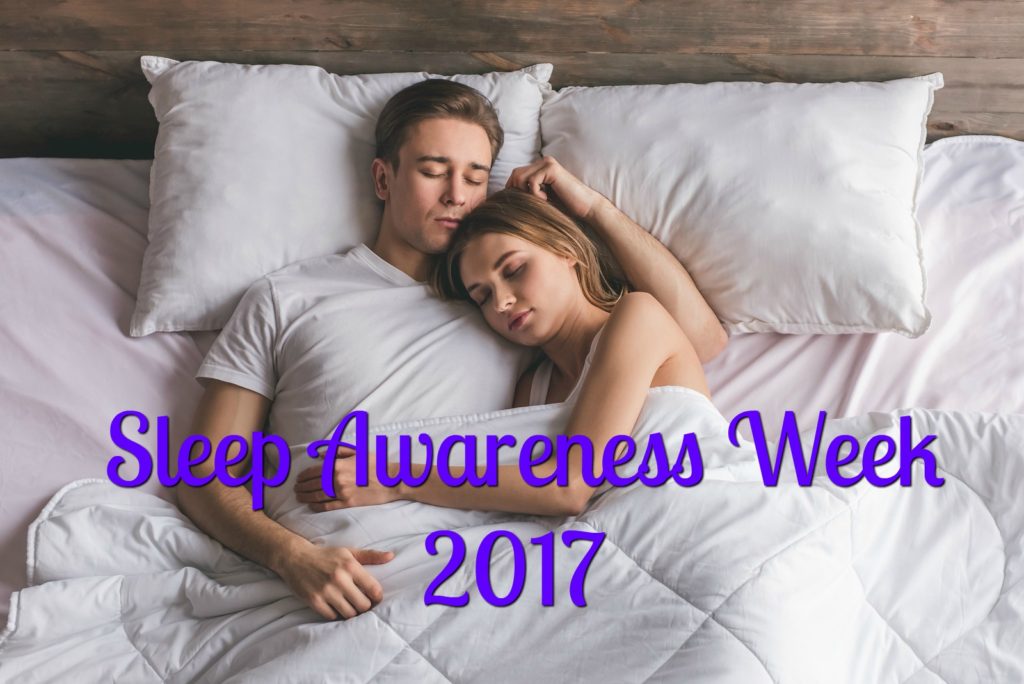Sleep Awareness Week (SAW) is the National Sleep Foundation’s (NSF) annual event designed to incite, inform and engage the public, as well as advance the NSF’s mission to improve health and well-being through sleep education and advocacy. This years SAW theme “Sleep Better. Feel Better” will drive Americans to consider how sleep effects their daily lives, and reinforce the many benefits associated with making healthy sleep habits a priority. The NSF will communicate the value of a good night’s sleep which carries in to one’s day to improve not just health, but mood, productivity, well-being, and overall quality of life.

In the past Sleep Awareness Week has coincided with Daylight Savings Time, however, this year it takes place April 23 – 29, 2017. The switch in SAW dates to April was made to help educate the public that sleep health is important throughout the year and not just during Daylight Savings Time.
Why is Sleep Awareness Week important?
Sleep is essential to a healthy, productive life. Research has shown that adequate, quality sleep directly and positively affects mental, physical and emotional well-being. According to the most recent findings from a National Sleep Foundation study, more than four in ten Americans reported that their daily activities are significantly impacted by poor or insufficient sleep at least once during the past seven days. This needs to be brought to light, and people who are suffering from sleep health issues should be able to find resources that will help them with their struggles. Sleep Awareness Week’s “Sleep Better. Feel Better” campaign aims to provide the public with the necessary information they need to prioritize their sleep.
Improve Your Sleep Today: Make Sleep a Priority
Like good diet and exercise, sleep is a critical component to overall health. To begin a new path towards healthier sleep and a healthier lifestyle, the National Sleep Foundation recommends you begin by assessing your own individual needs and habits. See how you respond to different amounts of sleep. Pay careful attention to your mood, energy, and health after a poor night’s sleep versus a good one. Ask yourself, “How often do I get a good night’s sleep?” To pave the way for better sleep, follow these simple yet effective sleep tips, including:
- Stick to a sleep schedule, even on weekends.
- Practice a relaxing bedtime ritual.
- Exercise daily.
- Make your bedroom a comfortable sleep environment.
- Sleep on a comfortable mattress and pillows.
- Avoid sleep stealers like alcohol and caffeine.
- Turn off electronics before bed.
Visit the Valley Sleep Center blog for more sleep tips and facts on sleep health and disorders.
If you or a family member are experiencing symptoms such as sleepiness during the day or when you expect to be awake and alert, snoring, leg cramps or tingling, gasping or difficulty breathing during sleep, prolonged insomnia or another symptom that is preventing you from sleeping well, you may benefit from a sleep consultation at the Valley Sleep Center. Try using the National Sleep Foundation Sleep Diary to track your sleep habits over a one- or two-week period and bring the results to your appointment.

